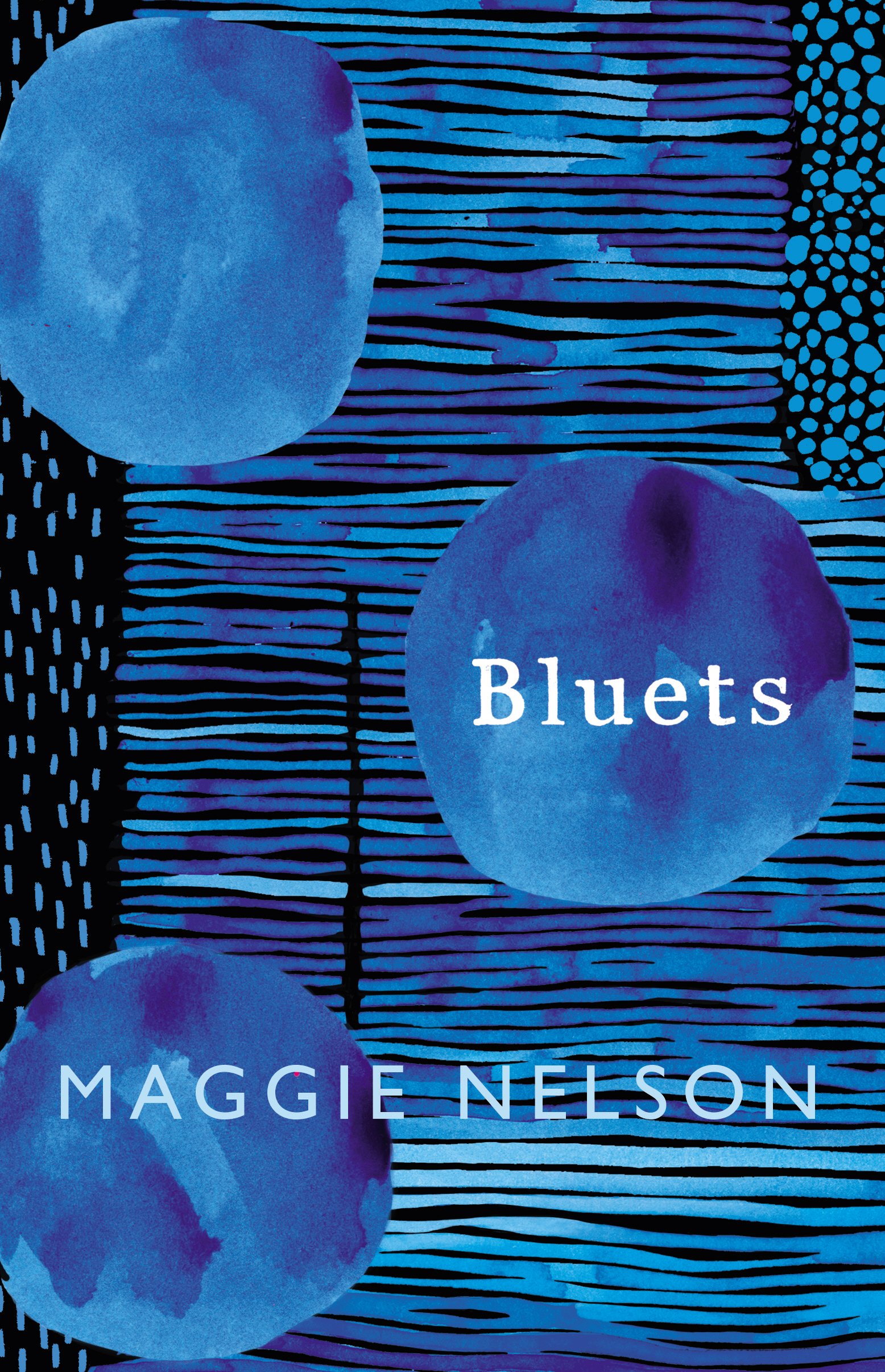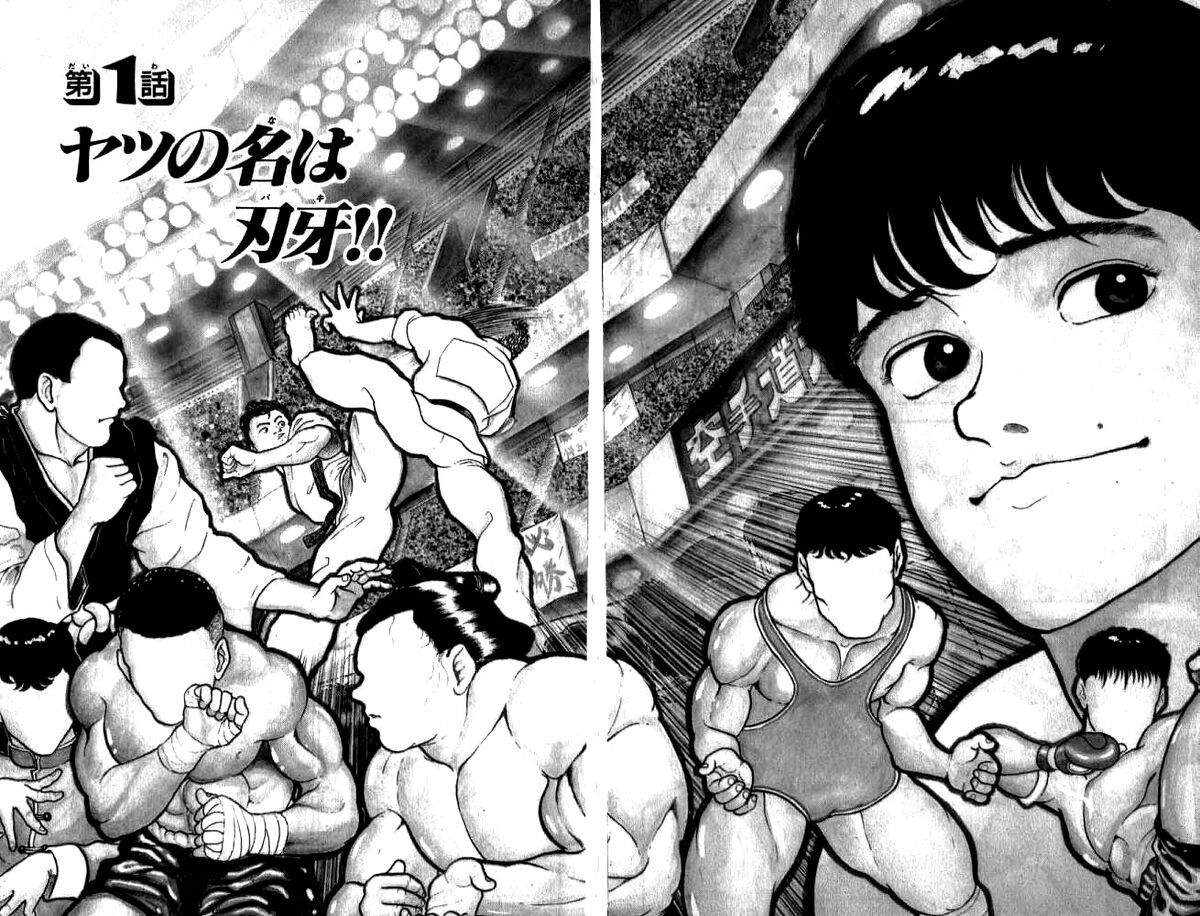September 2025 Readings

We're back, and it's a weirder one this month. For some reason everybody was releasing some “favourite reads of the year” videos, so I picked some stuff from a couple of reading youtubers. We have also some stuff that was on my reading backlog for a little while, and some more visual media.
Bluets – Maggie Nelson
A collection of poems, observations and little anecdote about the colour blue.
Could you call this vapid, pretentious, irrelevant? Yes. But I liked that use of paper. That's the best way I could describe my meaning in a sentence, but to be more verbose, I liked that it didn't limit itself to the common rules of what a novel, a book or even a collection of poems is. It's more writing as an art form than writing as a way to convey information. It's writing as a way not to convey meaning, but a vibe/state of mind. Amongst those two hundred or so paragraphs, are there some that didn't speak to me, or worse had me roll my eye at how serious it took itself? Sure, but the overall vibe of this little book was still engaging and interesting, it's definitely a “more than the sum of its parts” thing. I also liked that it was centred around a colour, which is pretty original from my point of view (the pov of someone who never reads anything experimental or any poetry).
I would definitely have liked it way less if I had read something similar, but it was the first time I was exposed to something like this. I liked it. If it becomes a trend to write like this however, it will get very tiring, very fast.

How to Live Safely in a Science Fictional Universe – Charles Yu
I knew that someone recommended/just mentioned this book in the group chat but I couldn't remember who. After reading it, it had to be Harrison. Now why did I read it? Well, I'll read just about anything, I'll do bookclubs, group reads, buddy reads, recommended reads, I just like to read. I'll even read books I know I will most likely dislike (looking at you Katabasis by R.F. Kuang). Anyways, I read How to Live Safely in a Science Fictional Universe.
This is more of a concept book, which I usually am not against, as long as they aren't too long, which this one wasn't. The pacing is a bit weird and the first third of the book is very slow and rambly. Well the whole book is very rambly to be frank, and even draws attention to that, and also about its very, very insisted upon metanarrative component. But pointing out and acknowledging that your writing is rambly and overly meta doesn't absolve it of those flaws. I also didn't really care for the pseudo-scientific manner in which he writes — everything is a vector, integralised over the [insert prefix]esimal concept with a sprinkle of theorems and greek letters, and don't forget your spacetime axis curves as well. It's very showy but also makes very little sense most of the time. Maybe because this is some wannabe physics, which is what I studied in uni, that it annoyed me more than it maybe should have. It also has a very silicon valley techbro vibe to it which doesn't help.
Even if the writing is a bit overbearing, I really liked the themes in the book, and especially the daddy issues portion. It showcases a very human dad, and the travel to the past introspection into the protagonist's relationship with is dad was great. And it goes a bit further than kid discovers dad is a human. The character of the mother was also briefly explored although their relationship not as much. Despite all the introspection, we end up knowing very little about the main character.
Overall, I thought this book was alright, it really struggles to find its footing in the beginning, and despite the sometimes obnoxious writing, it has some interesting things to say. The concept of time travel — this version of it at least — kinda went over my head, as it is very much based on english language stuff, and yours truly is only a poor immigrant for whom english is truly only a second language. I did like that it wasn't just the usual straight forward time travel, even if it was rambled about a bit too much.

Orbitals – Samantha Harvey's
The International Space Station (ISS) goes around the earth 16 times in a day. We follow the astronauts and cosmonauts habiting it around, and get into their head, following their thoughts and sometimes getting a glimpse of the people waiting for them below.
Amongst all the things I read, this felt like a breath of fresh air. How human it was. There is not real story to follow, it's more an etude of the human condition, and how we are a product of earth. With everything happening in space, we really get the sense that we are ill suited for it. This book was a kind of love letter to the earth and humankind. Very refreshing. The dialogs are very unstructured and the sentence construction sometimes a bit weird making it hard to follow but overall it's a great read. Despite the lack of story — as we just jump from one character to another, with everything happening in the span of a day, and with just mundane ISS stuff happening — it's never too vapid or inconsequential and random, as we get the typhoon and lunar mission red threads
The author reference omega's coaxial escapement in the most unsubtle way possible, she might be a watchhead. There was a banger of a line delivered by one of the cosmonauts, when one of the american astronauts has some difficulty answering question for a future press release:
”-With this new era of space travel, how are we writing the future of humanity? -With the gilded pens of billionaires, I guess”

All Systems Red – Martha Wells
Space exploration is upon us (as well as dystopian übercapitalism), but a SecUnit, a robot whose purpose is to protect people during various missions, doesn't give a shit. It only wants to watch TV, and at any possible opportunity, will do so. It's a highly irregular thing for a SecUnit, but this particular one, calling itself “Murderbot”, has managed to hack itself, freeing itself from the shackles of its governor module. When disaster strikes during one of the expedition, will Muderbot save the day, or decide to let everybody die, so it can finally watch TV in peace?
Very nice short book. While I have been known to be a 1000+ page monster enjoyer, I am slowly awakening to the treat that are novellas. It's interesting to be in the mind of a robot, and the fact that everything is in first person leaves the exposition to a minimum. Exposition dump is one of the major flaws of scifi imo, and it really makes the beginning of a lot of scifi novel drag. Not here, while we don't get a thorough grasp of the world, we get enough info to get by. There are a lot of characters we are introduced to at the beginning, and with my name-blindness, it made it a bit hard to follow sometimes, but it gets better. I really liked that there were a bunch of times where they were wondering if they were being sabotaged, or if stuff was actually breaking down — it is known that The Company provides only the cheapest and shittiest stuff to maximise profit margins. It was nothing super duper special, but it was a good novel with some great stuff in it, so I will read the next entries in the series

Katabasis – R.F. Kuang (Chapters 1 – 11 )
My thoughts on Katabasis are for sole ears of the people participating in the bookclub, until we are done with it.

Métal Hurlant – Many Authors
Volume 12 – H.P. Lovecraft — Murmures et Chuchotements
I am continuing to open my third eye to the visual medium. We are back with another Métal Hurlant, and only new stuff, centered around the theme of HP Lovecraft. While I can appreciate Lovecraftian settings, I have never read any of the novels or poured over anything because I'm just not that enamoured with it.
The drawings are all very good, and we have some very interesting original stuff, I especially liked one of the last BD which was entirely made out of paintings. On the story front whoever, a lot of stories are very one-note, with all of them being centered around an ending “plot twist” that is just what you would expect from a typical lovecraftian thing — a big monster comes out of a body of water and the story ends. This was the pitfall that a lot of shorter stories fell into. A bit of (unnaturally delivered) exposition, one weird thing happening, and then either you go directly to the ending “twist” or you get a couple more weird things before the twist.
Some of the longer stories did do way more interesting, weird and original things with the setting though, have a lot more depth, and they were treats to read. But again, the drawings were all really well made, and it was truly a feast for the eyes.

Volume 4 – L'Homme est bien petit
Only old stuff in this one, and the quality just falls of a bit towards the end. Overall, I had the feeling that towards the end, some of the authors were just purposefully trying to confuse the reader at the expense of their story. Maybe it's because all those stories are almost 50 years old, but a lot of them just don't make sense, even in their own universe. The drawings are still great and we get some really interesting stuff, and the earlier stuff is really good.

Grappler BAKI – Keisuke Itagaki
Maximum Tournament – Chapters 277 – 290
They stopped yujiro with a net and some tranquiliser? the man that is supposed to rival the entire US army, to be unbeatable, was beaten by some sleepy juice and some net. nah

That's all folks, see you next month.
Thank you for reading my logorrhea Eddie – Award winning author